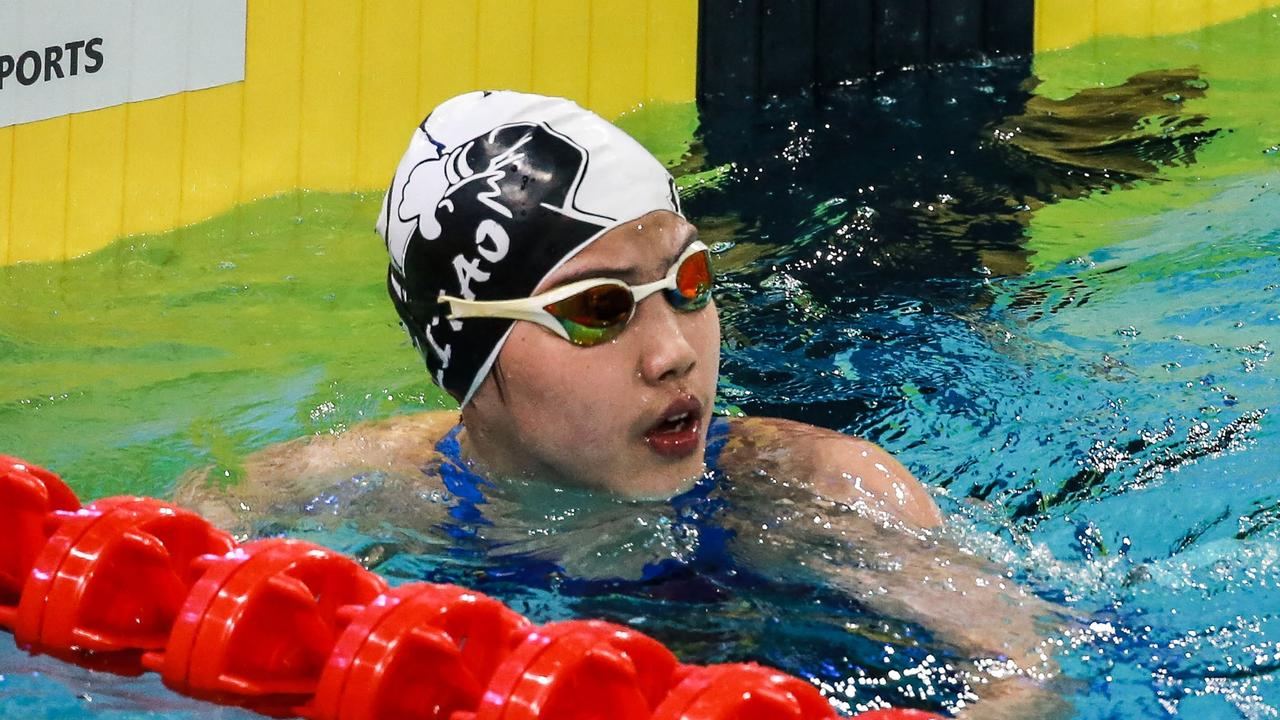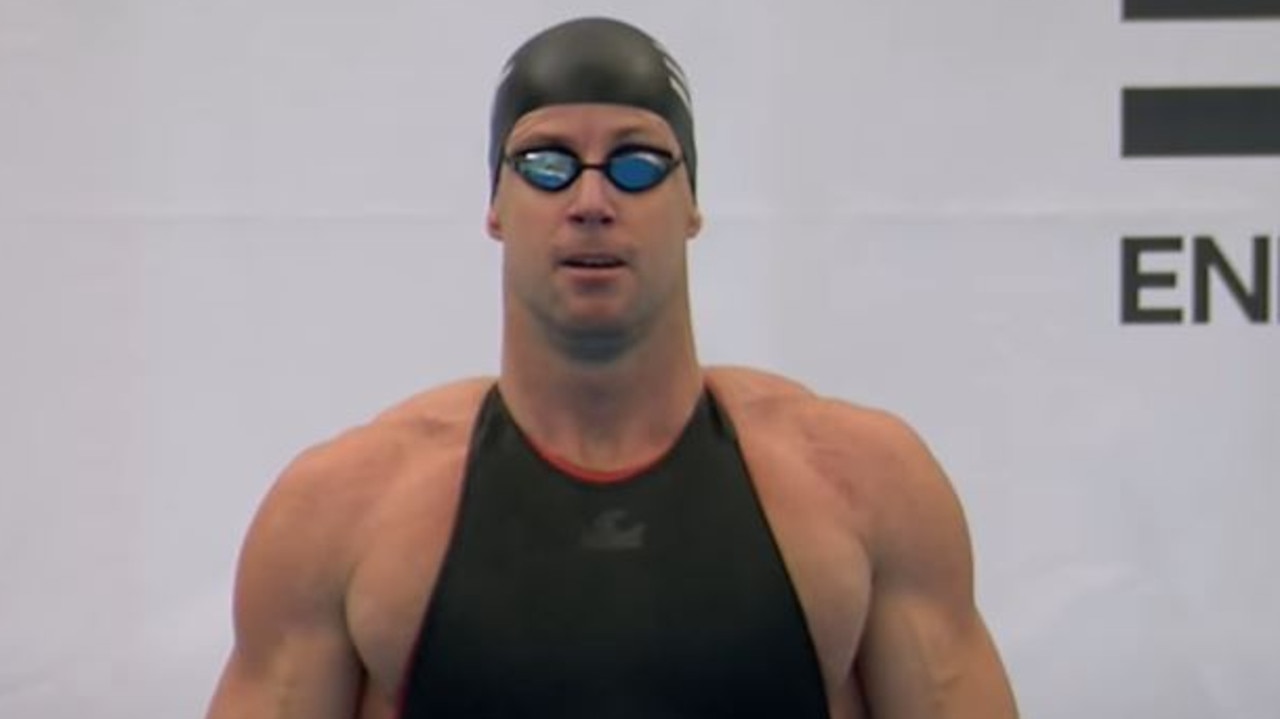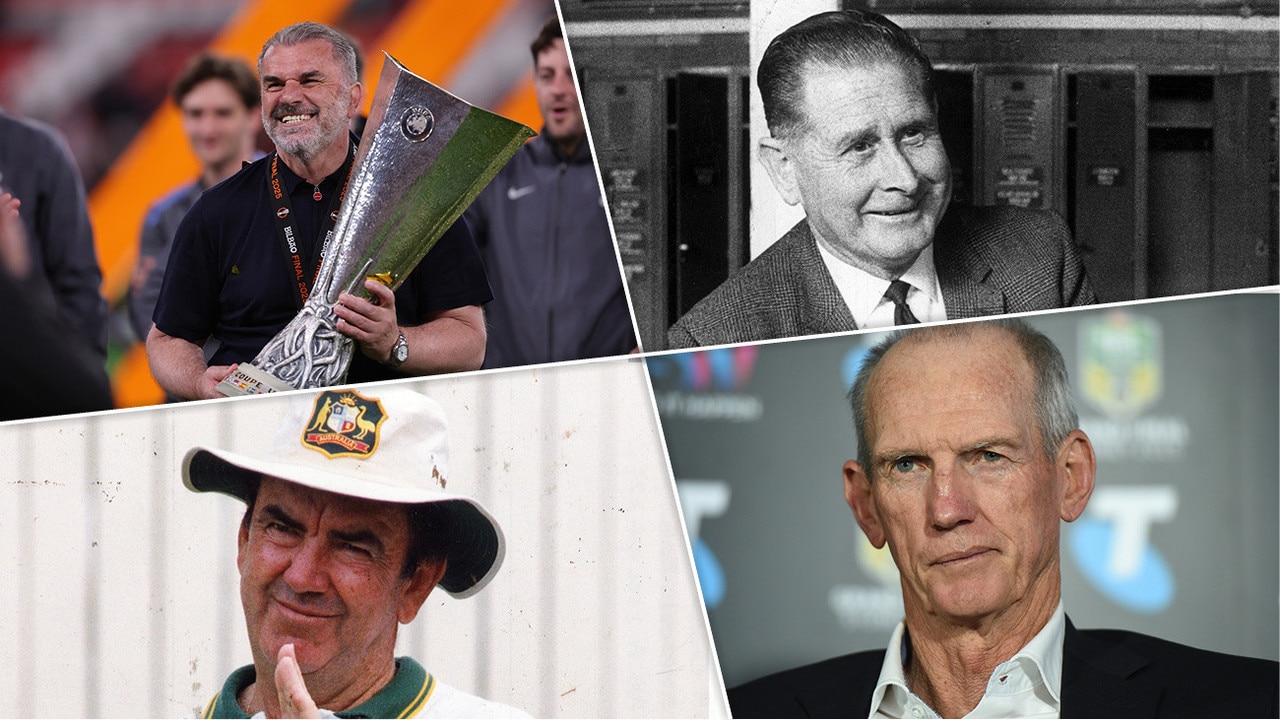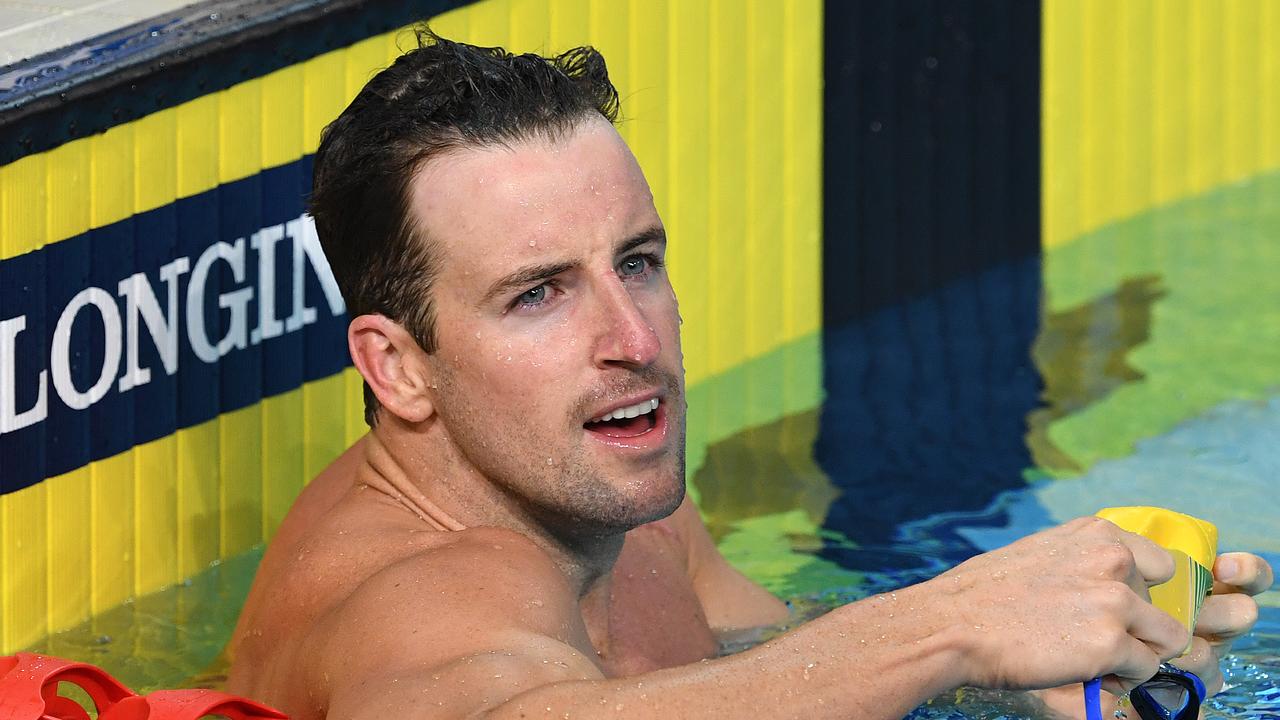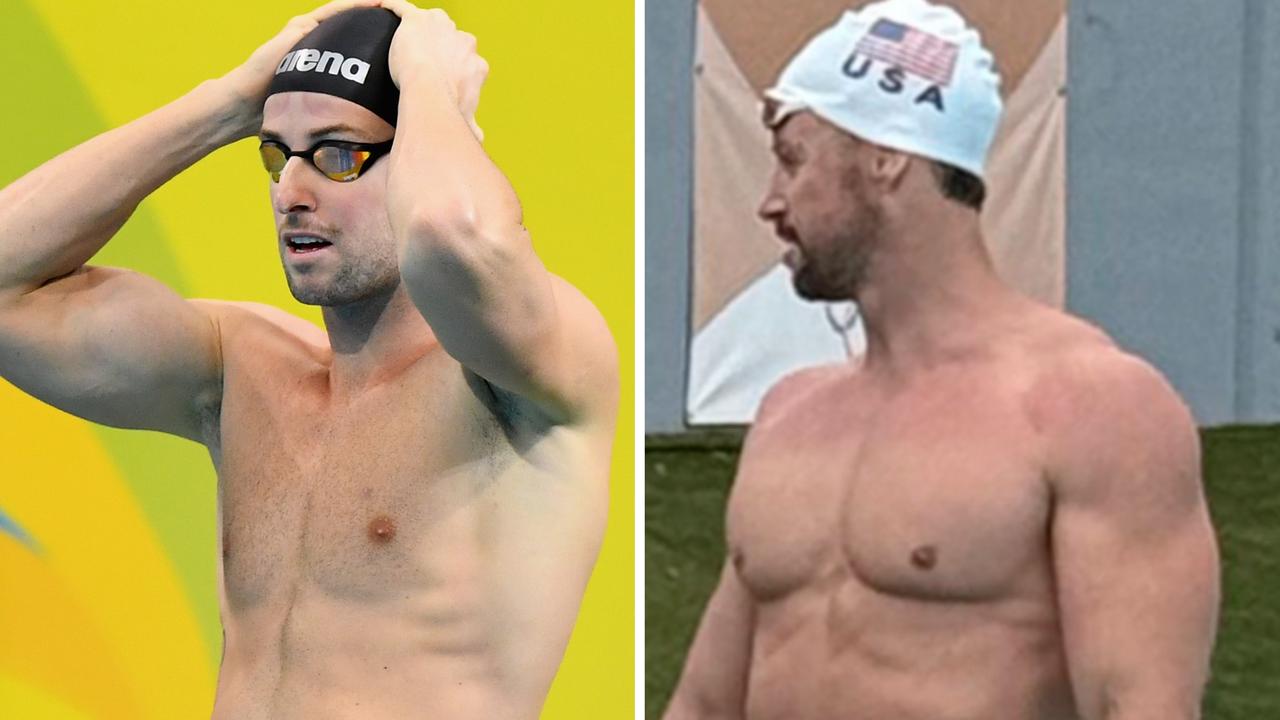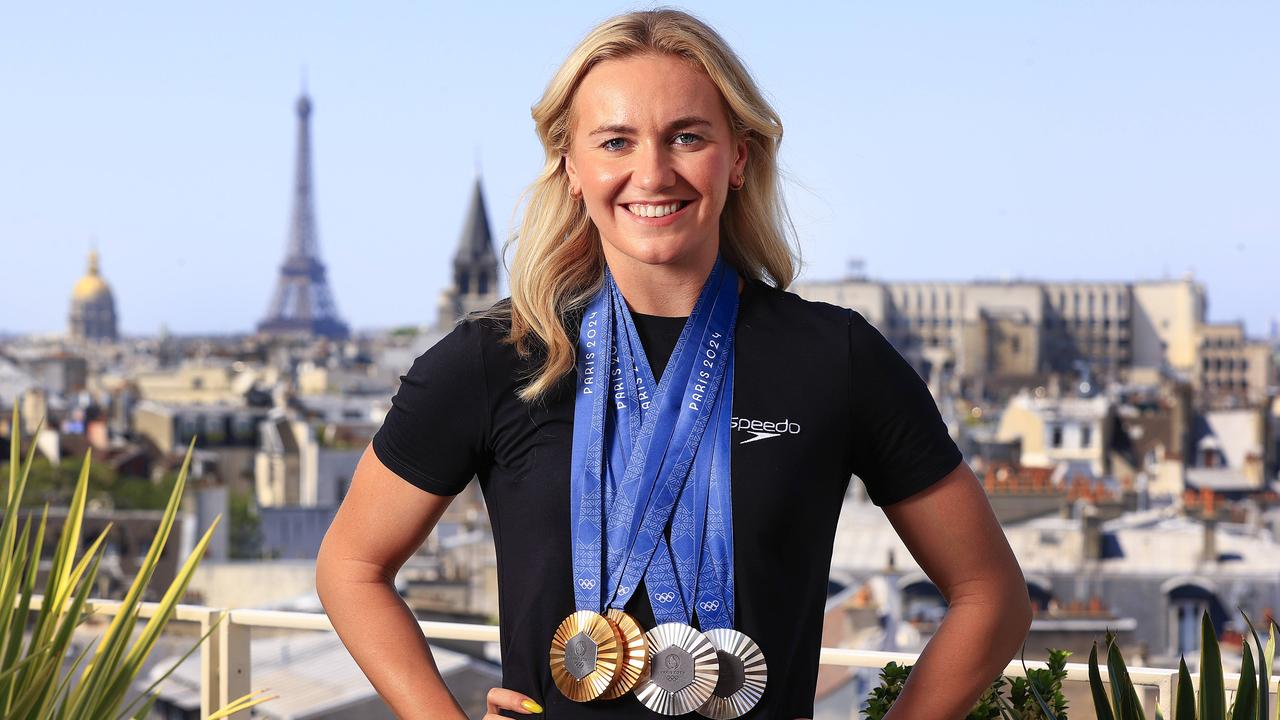Revealed: Military-scale operation to keep Australia’s Olympians safe at Tokyo Games in 2021
The Tokyo Olympics will be very different and Australia is going to enormous lengths to keep our athletes safe from COVID-19.
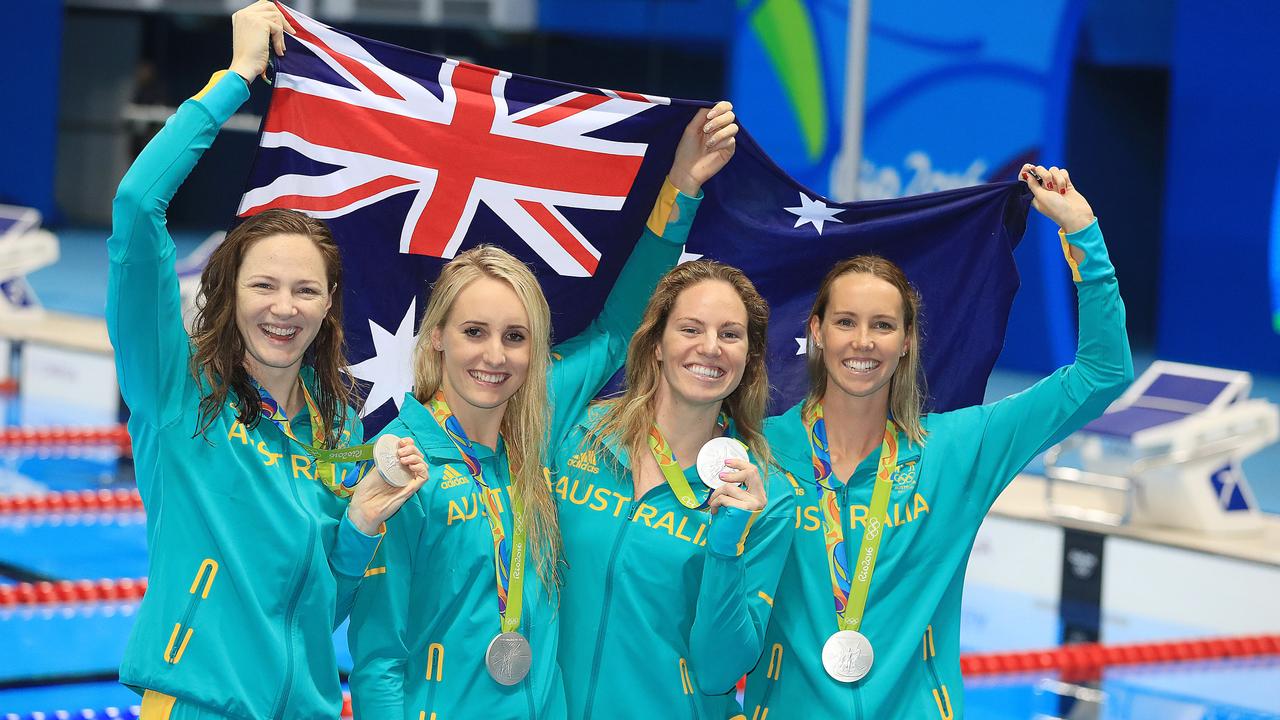
Olympics
Don't miss out on the headlines from Olympics. Followed categories will be added to My News.
The Australian Olympic Committee (AOC) has taken the unprecedented step of partnering with a biosecurity company to unravel the logistical nightmare of getting our athletes safely in and out of Tokyo next year.
With just 220 days to go until the Opening Ceremony for the rescheduled Tokyo Olympics, athletes and officials are racing against time to be ready with still no guarantees when international borders will reopen and whether competitors will be given priority access to a COVID vaccine.
The International Olympic Committee (IOC) says it won’t stop athletes from competing at the Games if they haven’t been vaccinated, but everyone will still have to pass two separate tests, 72 hours before departing for Japan then again on arrival in Tokyo, to prove they aren’t infected with the coronavirus.
With Australia planning to send a team of around 480 athletes from more than 35 different sports, the AOC is leaving nothing to chance – calling for expert help to help organise something that has so many complexities, it requires almost military-scale planning.
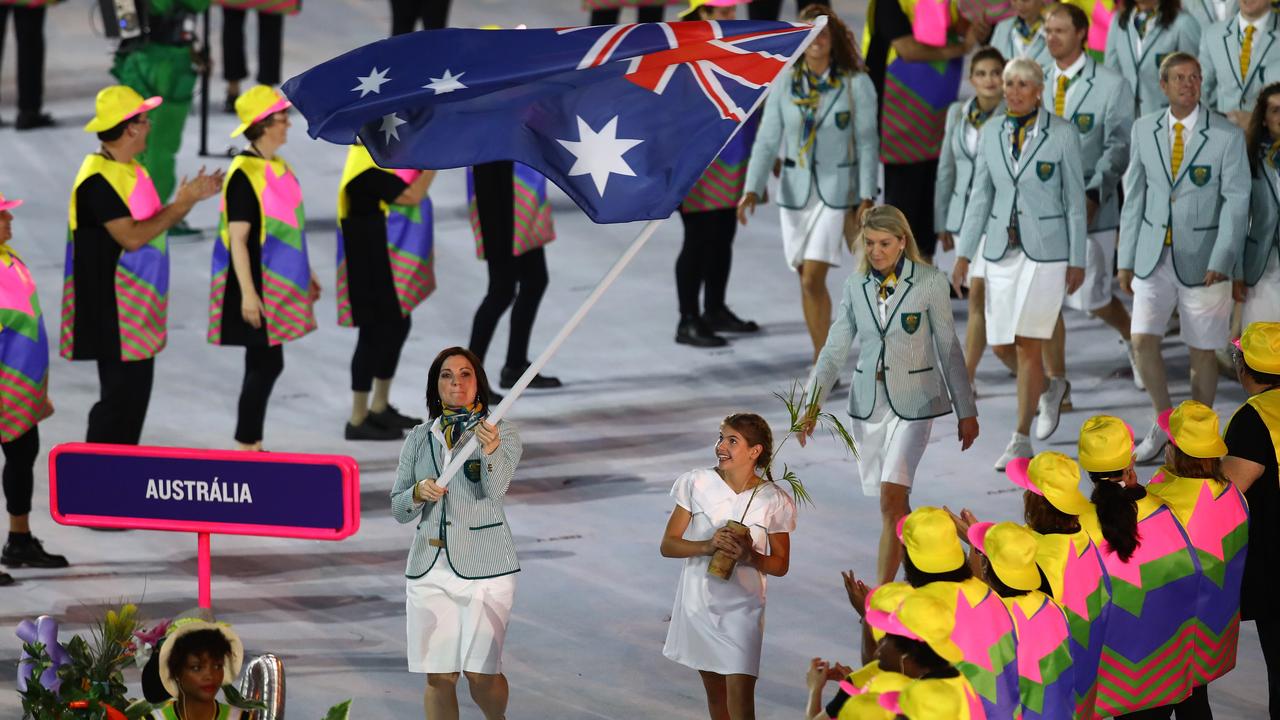
Named Project Wagasa (which translates as Japanese umbrella), the AOC has partnered with Aspen Medical, an Australian biosecurity company, to liaise with government, immigration officials and sporting federations to overcome the enormous challenges.
“This is not something we normally do, but these are the times we live in,” AOC chief executive Matt Carroll said. “The safety of athletes and officials is paramount.
“This is a huge project – factoring in the difficulties of travelling from Australia, safely competing and then returning home post-competition.”
The planning models, which will also be used for next year’s Tokyo Paralympics and the 2022 Winter Olympics and Paralympics in Beijing, are based on the latest guidelines which the IOC has just unveiled.
Unlike previous Olympics where athletes remain in the host-city for the duration of the Games, competitors will not be allowed to arrive more than five days before their competitions begin and must depart within 48 hours of them ending – slashing the number of competitors that will march at the Opening and Closing Ceremonies.
Most teams will hold their final training camps in Australia then fly out together just before their events start, but more flexible arrangements will be needed for foreign-based athletes.
“It varies from sport to sport,” Australia’s chef de mission Ian Chesterman said.
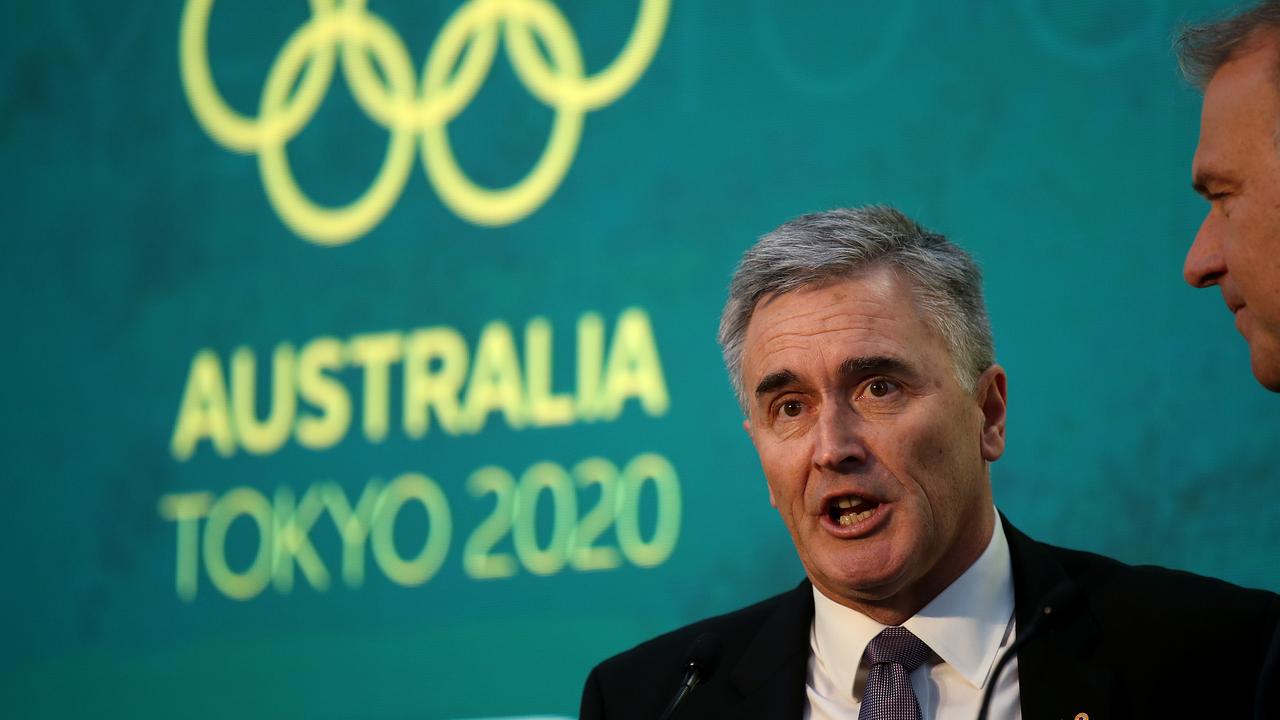
“If you look at tennis, they’ll be coming from Wimbledon, or a sport like road cycling, they will becoming from the Tour de France, or in basketball, some players will come from the United States and some from European leagues so there’s a lot of moving parts but the top priority is to make sure everyone is safe.”
Complicating matters even further is that around 40 per cent of the expected 480-strong team still has to qualify – many in overseas competitions.
And even in the sports where Australia has already qualified, such as team sports, individual places have not been decided with coaches hoping to travel overseas before the Games to test their athletes before final selection.

“All the sports want to prepare their athletes and teams so they can perform at their best and for some that means travelling internationally for competition,” Chesterman said.
“So that creates other challenges, such as what they do when they return to Australia because you don’t want to wipe out any advantage you get from competition by having to sit in a hotel for two weeks in quarantine.
“There’s a lot of challenges because we’ve never had a postponed Games before and it’s 100 years since we’ve been dealing with a pandemic so it’s very important that we get it right so that’s what we’re doing all this now.”




